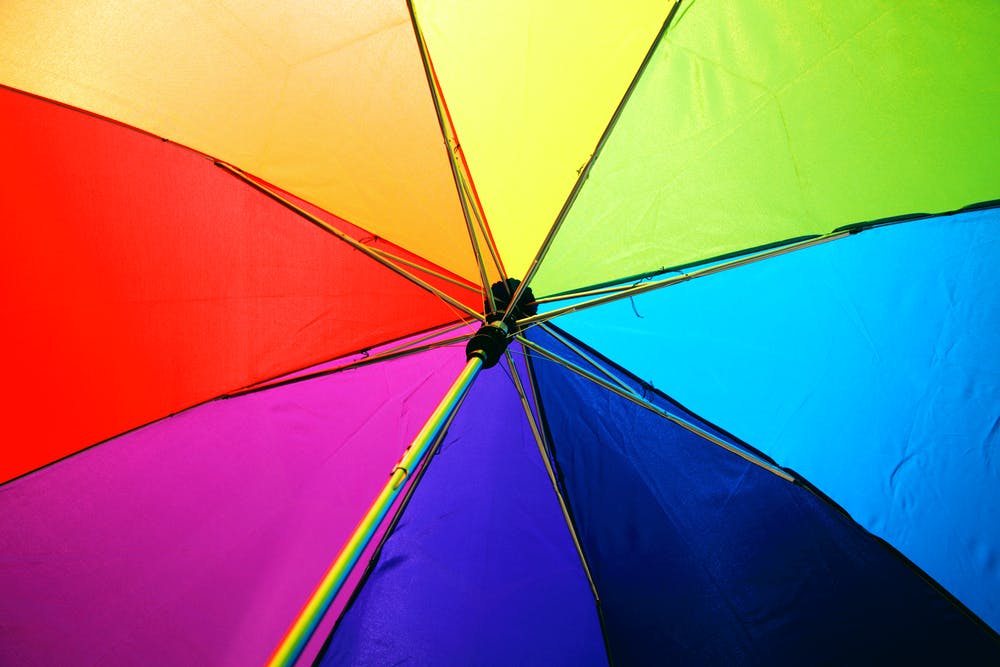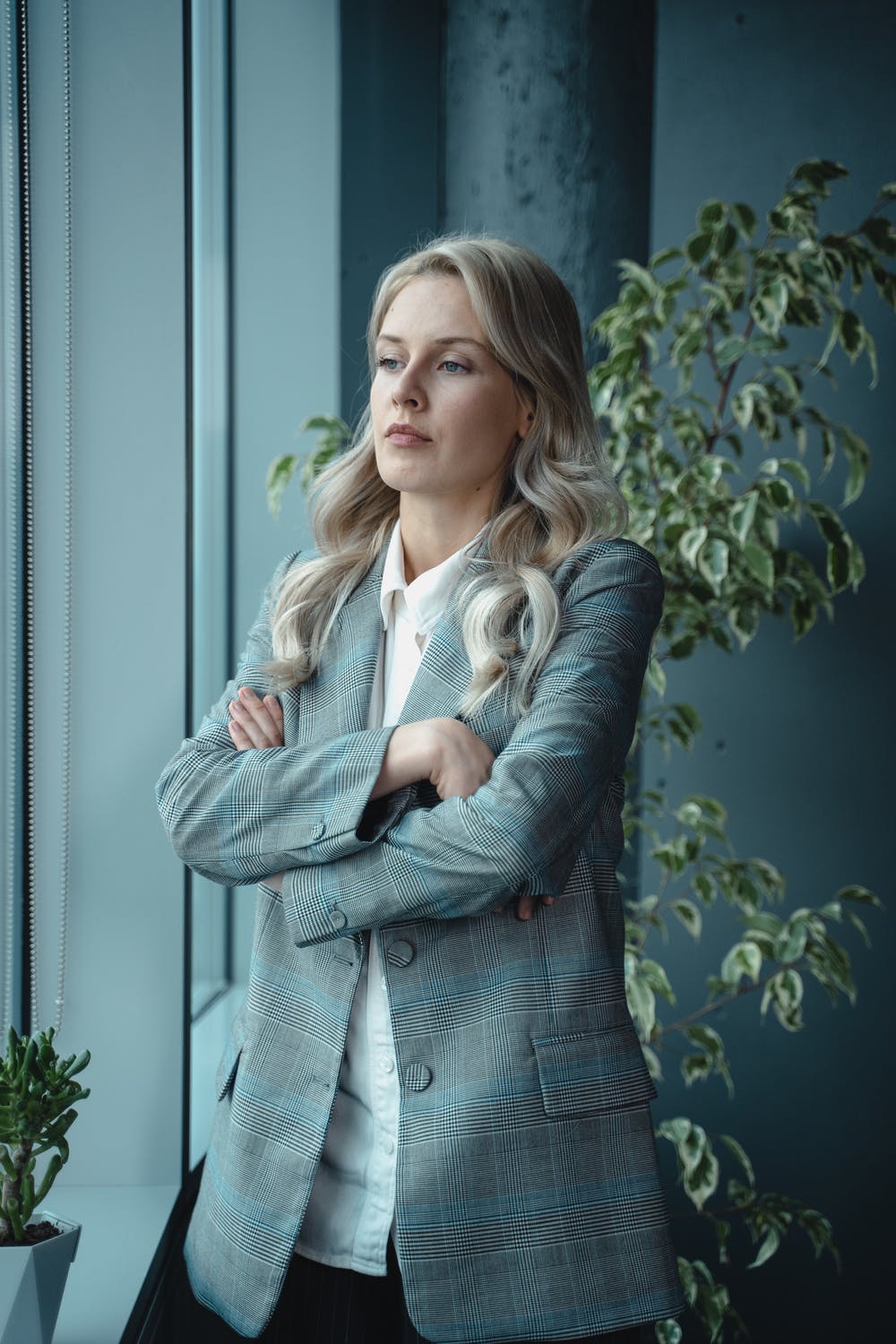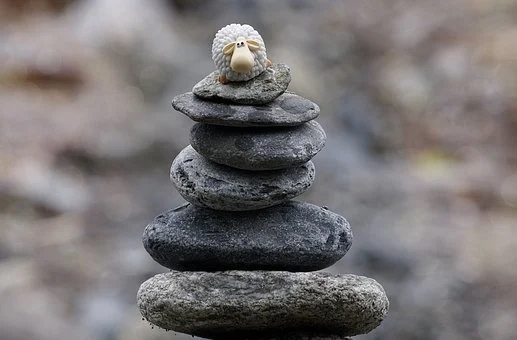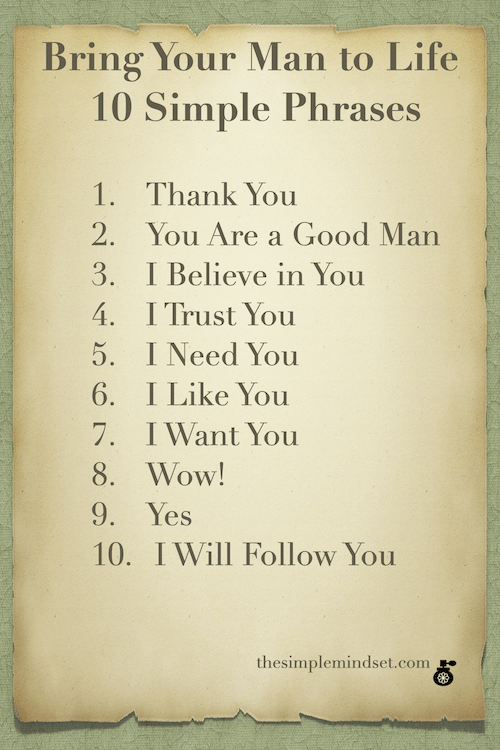injustice – Motivation & Intention Matters
Inspiration For This Post:
Don’t make the mistake of thinking that you have to agree with people and their beliefs to defend them from injustice.

Thoughts & Questions:
Is it possible to disagree with a person and still defend them?
Do we need to agree to get along with each other?
Is the world a better place because we have independent thoughts?
Would the world be a better place if we agreed about everything?
Have you ever been treated unjustly?

Purpose:
What a powerful quote by Bryant H. McGill: “Don’t make the mistake of thinking that you have to agree with people and their beliefs to defend them from injustice.” There will always be injustice in the world.
When we speak of injustice, the intention and the motivation behind the injustice matters. Mistreatment happens to everyone in different ways, no matter who you are, regardless of your gender, race, religion, or creed. When injustice occurs, it may be intentional or not. When it is not, the offender will not know they have offended. We are all human and come from different experiences, backgrounds, realities, and cultures. No one can understand all of the complexities of every individual in the human race.
However, when an individual or a group of people experience a repetitive, blatant, and intentional injustice, we can not ignore it. We must address it by raising and discussing the problem. Whether the concern is presented by the oppressed or by a proponent, they need not necessarily have the same beliefs; they only need to agree that an injustice exists and needs awareness. We need to tackle the issues and concerns in a civil manner individually, or in a forum where people calmly share thoughts and ideas about where the problems exist and how to resolve them effectively.
Ultimately the most important of all human behaviors when interacting with others are kindness and respect. People can disagree and have different beliefs, but if kindness and respect are always at the center, people can accept differences and live together peacefully.

The Experience:
When I was a little girl, I did not read very well. When I was in second grade, my teacher identified the issue because I was assigned a reading tutor. My teacher intended to help me with my reading, which was good, but the alienation and injustice was not.
This individualized attention required that the tutor pull me out of class while all the other students looked on. All of the students knew who the tutors were. The only kids that were called out of the classroom by the tutors were the kids who needed extra help. Otherwise known as the “dumb kids,” by other students. The social stigma associated with this label did more harm to my confidence than the tutoring did to improve my reading. I remember being so distraught by being labeled one of the “dumb kids” that the tutoring they provided did more damage than good.
This disgrace ended shortly after that, at the ripe age of seven. I could only take so much, so I told the tutor that I did not want her tutoring help anymore, and I would practice reading at home. While the intention was good, the teacher treated me unjustly. She never asked me if I wanted to be called out of class (and labeled as a “dumb kid.”) In this case I acted on my own behalf because I was strong enough to do so. The tutor was my hero in this case. She knew I needed the help, but the tutor supported my wishes and defended my position even though she did not agree with me.
While the teacher’s intention was good, and she believed she was doing a good thing, the damage to my confidence plagued me for a very long time. Injustice is part of real life. The problems may vary by person and issue, the process is always the same. We need to learn how to deal with it, understand that injustice does not necessary result from ill-intent.
The lesson:
When we identify issues that are causing injustice, the only way we can address them is to raise awareness and look for potential solutions. Due to all human complexity, the only way we can all get along is always to focus our intention on kindness and respect toward others. We will not always get it right, but we can always try to approach situations with sensitivity.

The application:
If someone is unjust to you, initially give them some grace. Many times it isn’t easy to understand their motivation. If the offender continues, kindly and respectfully raise awareness of the issue so it can be addressed. If time passes and they can not or choose not to discontinue the injustice, forgive. Understand that those who intentionally hurt others are experiencing their-own hurt. In this case, pray for them, forgive them and move on.




